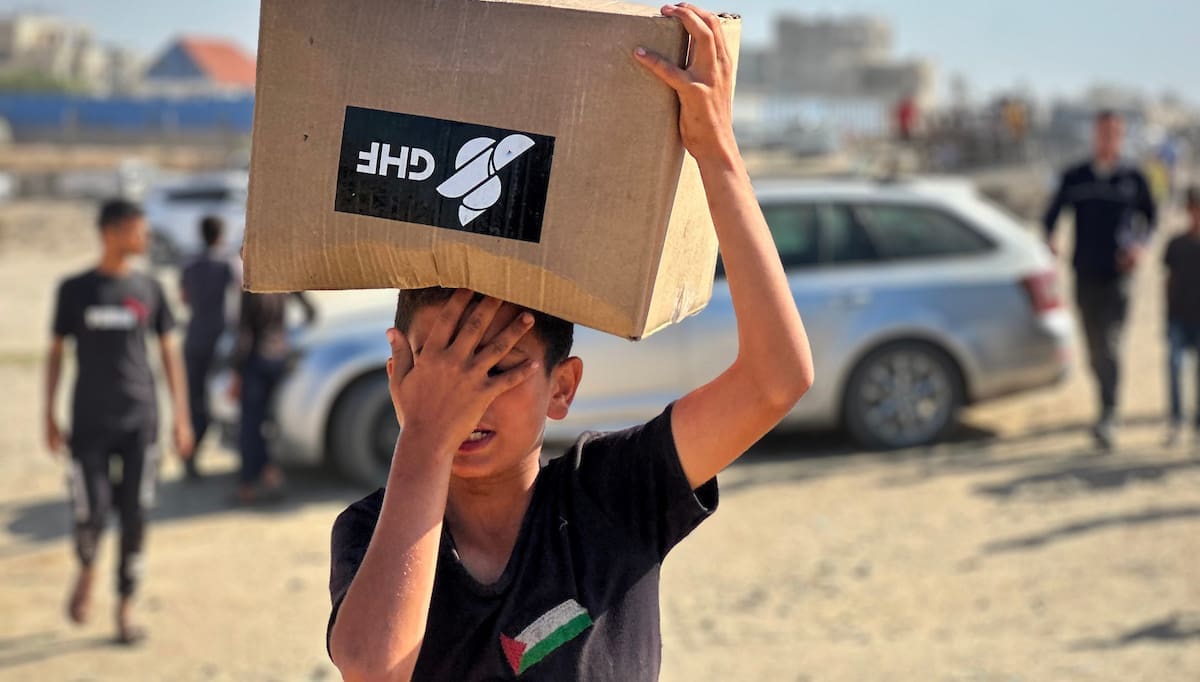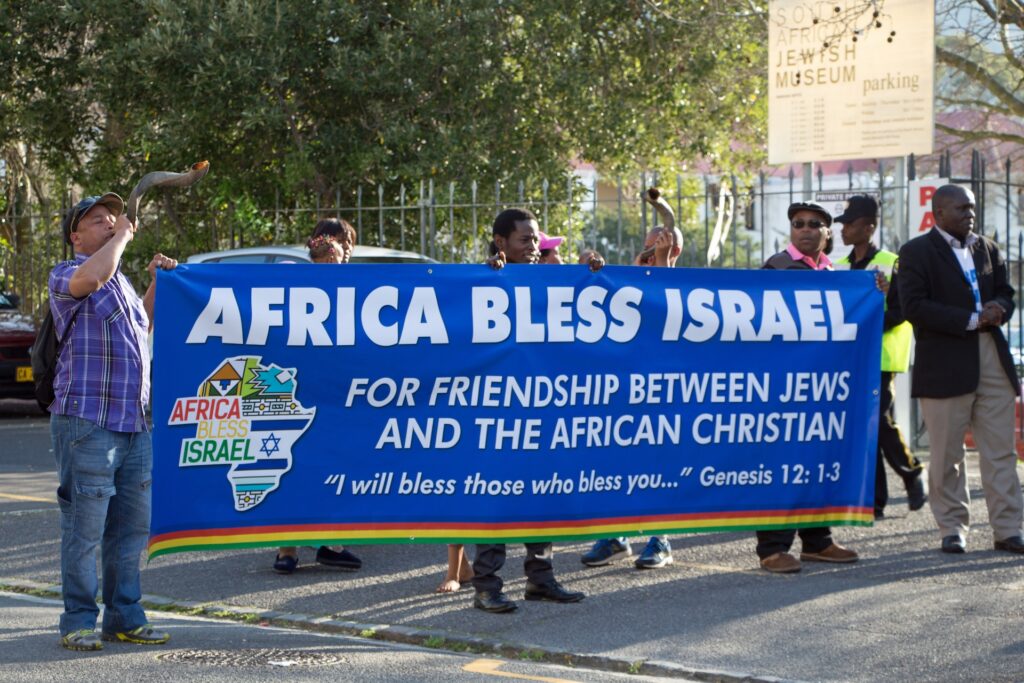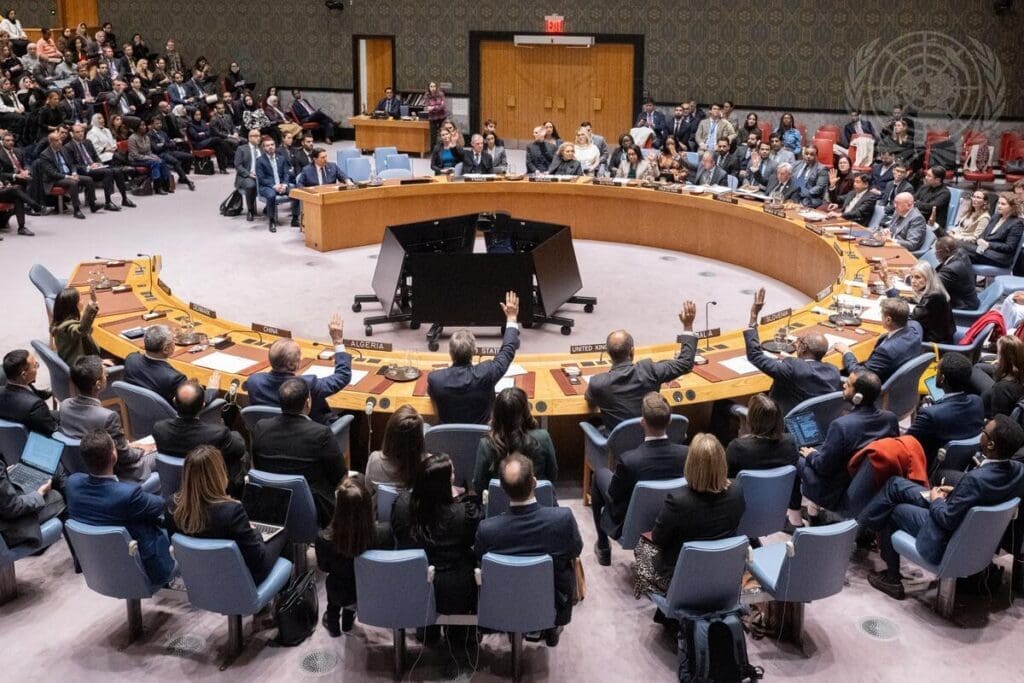
In March, Israel shattered the ceasefire in Gaza by resuming its bombing campaign at full force and enforcing a total blockade on humanitarian aid—ushering in a new phase of the ongoing genocide. In response to mounting international criticism, the Israeli regime introduced a tightly controlled aid scheme designed not to alleviate suffering, but to obscure its use of starvation as a weapon of collective punishment. Through the so-called Gaza Humanitarian Foundation (GHF), Israel has transformed humanitarian aid into a tool of control, coercion, and forced displacement.
Israeli forces have additionally blocked UN and other aid agencies from accessing over 400 distribution points they once operated throughout Gaza. They consequently forced two million Palestinians to rely on just four GHF sites, most near its southern border in what appears to be a deliberate effort to push mass displacement toward Egypt. Investigations have also revealed how US-based private contractors are actively profiting from the GHF’s deadly operations.
In this policy lab, Yara Asi and Alex Hall join host Tariq Kenney-Shawa to discuss how the GHF fits into Israel’s genocidal strategy—and to expose the network of individuals and companies profiting from what has been a death trap masquerading as humanitarian assistance.










